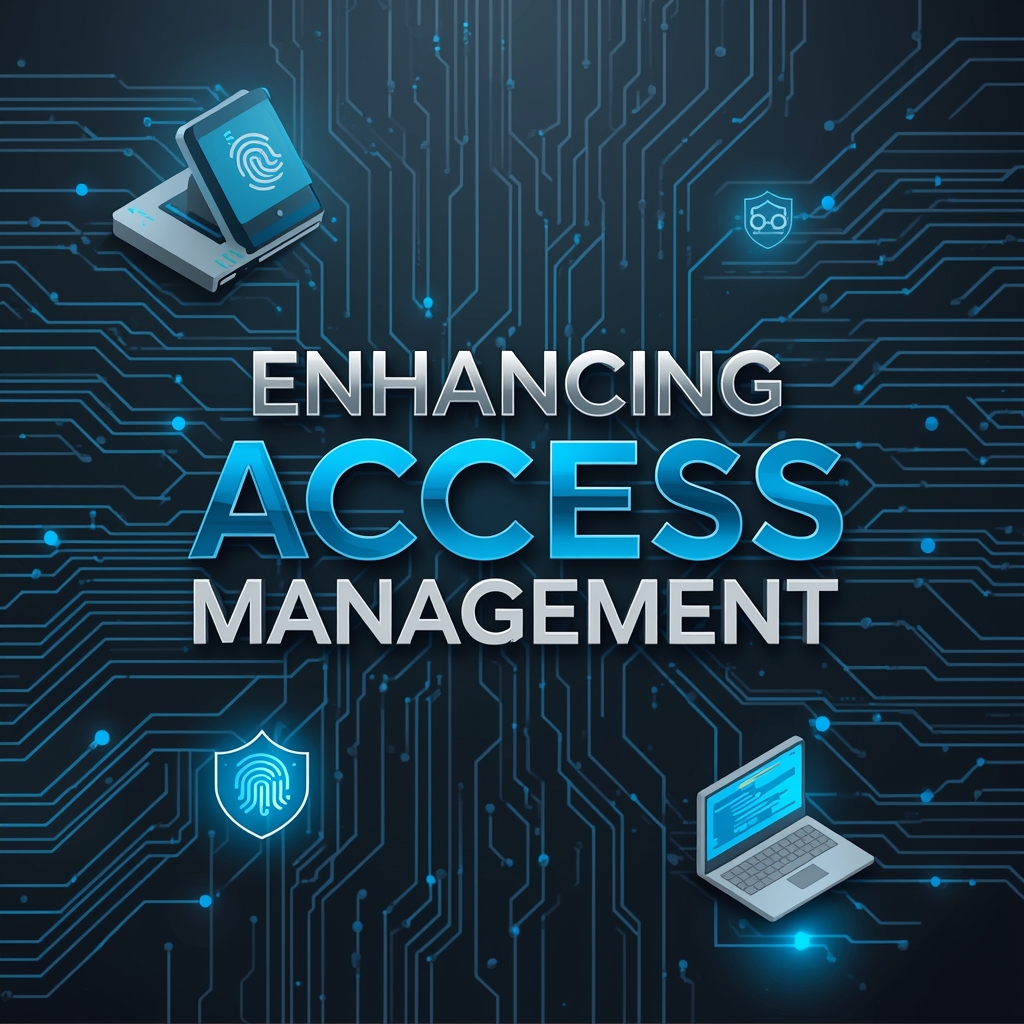As artificial intelligence continues to expand its reach across sectors, professional services are experiencing transformative shifts that redefine the way organizations deliver value, manage operations and interact with clients. AI-powered solutions are fundamentally altering the landscape for industries such as law, accounting, consulting and IT services. By automating routine processes, providing advanced analytics and enabling smarter decision-making, AI helps professionals achieve higher standards of efficiency, compliance and quality. This transition is leading to a new era where knowledge-driven tasks can be scaled, while human expertise is redirected to more analytical, strategic or creative endeavors—ensuring both more agile and responsive organizations.
The Integration of AI in Professional Services
Artificial intelligence is not just a futuristic concept but has already become an active force in day-to-day business processes. In professional services, AI-powered tools range from simple process automation to sophisticated machine learning platforms that predict outcomes or optimize workflows. For example, legal practices are leveraging AI to review contracts at scale, flag anomalies and identify risks. Accounting firms use AI-driven solutions for compliance monitoring or fraud detection, significantly reducing the potential for errors. Consulting practices increasingly employ predictive analytics and modeling to forecast trends or assess business scenarios, supplementing their traditional advisory capabilities.
Improving Performance through Automation
One of the most significant contributions of AI lies in its ability to automate repetitive, rule-based tasks. Routine activities like document classification, data entry and basic reporting no longer require extensive manual effort. In professional services, this has translated to faster response times, increased processing accuracy and lower operational costs. Employees spend less time on administrative work and more on activities that require high-level judgment or interpersonal interaction. Workflow automation also ensures consistency across operations, reduces human error and provides clear audit trails for future reference, enabling compliance with regulations without additional overhead.
Enhancing Risk Management and Compliance
Managing risk and ensuring regulatory compliance present ongoing challenges for organizations across professional services. With regulatory environments becoming more complex, AI-powered systems help by continuously monitoring transactions, access logs and communications for indicators of non-compliance or security threats. Machine learning models can identify subtle patterns that might elude traditional rule-based approaches, improving the detection of fraud or operational risk. Continuous auditing through AI allows for real-time monitoring, enabling managers to respond proactively when irregularities occur. Moreover, AI can maintain up-to-date regulatory rule sets, ensuring that compliance frameworks are always aligned with current requirements.
Advanced Analytics for Informed Decision-Making
The adoption of AI transforms how organizations analyze data and derive business insights. AI-driven analytics systems can rapidly process large volumes of heterogeneous data from multiple sources, identifying correlations or anomalies that would otherwise remain hidden. In professional services, such capabilities are especially valuable for scenario planning, resource allocation or market assessment. Experts can make more informed recommendations to clients based on comprehensive, real-time analysis. Additionally, natural language processing (NLP) allows AI platforms to analyze text data, such as client communications or regulatory documents, providing valuable context that enhances strategic decision-making.
Empowering Professionals with Augmented Intelligence
Rather than replacing human expertise, AI augments professionals’ abilities by providing powerful tools for research, pattern recognition and workflow management. Knowledge workers can use AI assistants to synthesize relevant information across vast databases, generate reports on demand or steer through complex regulatory environments. AI-powered knowledge management ensures that best practices, case histories and relevant precedents are available exactly when needed. As a result, professionals can concentrate on developing deeper client relationships, offering personalized advice or tackling novel challenges, knowing that AI is handling the underlying analytical heavy lifting.
Personalized Experiences and Client Engagement
Client experience sits at the heart of successful professional services. AI-powered systems are making it possible to tailor services more precisely to individual client needs. Through insights gathered from previous interactions, transaction histories and feedback, AI can guide professionals in developing highly customized solutions and communication strategies. AI-driven chatbots or virtual assistants offer round-the-clock support, ensuring clients receive timely information and guidance whenever required. These tools enable professional service providers to deliver more value, deepen engagement and create longer-lasting relationships with their clients.
The introduction of AI in professional services not only changes processes but also demands a shift in skills and strategic planning. Organizations must invest in upskilling their workforce so that staff can operate AI tools effectively while understanding ethical and regulatory implications. Developing an AI adoption roadmap, aligning technology implementations with business goals and emphasizing data quality remain essential for sustainable success. Forward-thinking organizations are elevating their human capital by blending technical proficiency with deep sector knowledge, setting themselves apart in the competitive landscape. The recalibration of talent strategies underscores the interdependence between advanced technology and human expertise, demonstrating that the future of professional services will be characterized by collaborative intelligence that propels performance and enhances impact.





